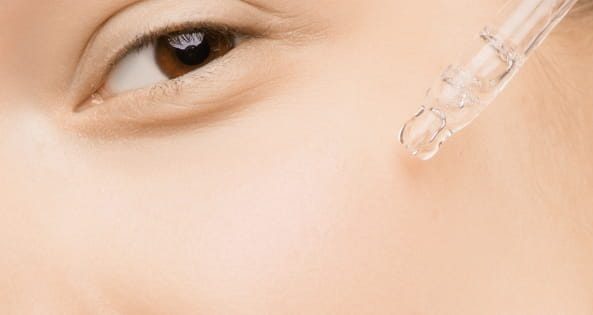If you’re a woman, you’ll know that hormones and gynaecological conditions can have a big impact on your health. The most common conditions that can occur during the reproductive years are; PMS (premenstrual syndrome), Polycystic Ovarian Syndrome (PCOS) and Endometriosis. Later, the peri-menopausal period and menopause itself can affect several aspects of your wellbeing; including ageing, bone health, cognition and sexual health.
At The Renewal Institute we recognize that, when it comes to managing each condition, a holistic approach is vital. We understand that key areas such as diet, gut health, hormonal levels and stress need to be addressed.
Common Female Reproductive Issues:
PMS (Premenstrual Syndrome)
Premenstrual Syndrome includes physical as well as psychological symptoms that range from migraines to mood swings. Onset is usually a few days or a week or two prior to menstruation, where there is a decrease in estrogen and an increase in progesterone production. The severity of symptoms may fluctuate each cycle and can vary from mild to severe.
After consultation with a Health Renewal doctor and the relevant investigations carried out, nutraceuticals will be prescribed accordingly. These could include vitamins, minerals, fatty acids like omega-3, serotonin modulators (5HTP) and antioxidants like theanine. A possible cause of PMS is estrogen dominance. In this case, plant-derived phytoestrogens and natural progesterone from yams are an option.
Polycystic Ovarian Syndrome (PCOS)
Those suffering from PCOS have an abnormally high androgen level (testosterone and DHEA) and can present with acne, increased facial hair (hirsutism), loss of scalp hair (alopecia) and menstrual irregularities. This hormonal imbalance can also affect fertility as it may cause absent menstruation or periods where no ovulation occurs.
Insulin resistance is the metabolic part of PCOS that accounts for the weight issues. Treatment includes a focus on diet, exercise, medication and supplementation.
Oral contraceptives are a traditional treatment that attempts to ‘normalize’ the cycle however it doesn’t address the underlying causes and often masks the symptoms.
Treatment is very patient-specific and includes restoring vitamin and mineral deficiencies, treating the insulin resistance and trying to achieve hormonal balance within the body by supporting the adrenals and thyroid.
Endometriosis
Endometriosis is an estrogen-driven condition that typically sees the growth of endometrial tissue outside of the uterus. This displaced endometrial tissue behaves as it normally would - thickening, breaking down and bleeding with each cycle. The surrounding tissue can eventually form scar tissue and adhesions that can result in organs and pelvic tissue sticking to each other.
The definitive diagnosis of endometriosis is made via laparoscopy. Treatment must take into consideration the patient’s age, symptoms and whether or not there is a desire to fall pregnant. Conventional medicine focuses on pain relief in the form of non-steroidal anti-inflammatories, oral contraceptives, GnRH agonists and antagonists, progestin therapy and Danazol.
At the Renewal Institute, we devise a more holistic management plan that considers the results of the blood tests as well as the symptoms. We also prefer more natural solutions and this includes supplementation with anti-inflammatory curcumin, antioxidants such as Glisodin, resveratrol and green tea.
